Restrictions on exports linked to imports hard for MSMEs but prerequisite for a healthy domestic industry: Experts
Updated: Jul 05, 2016 08:40:48am
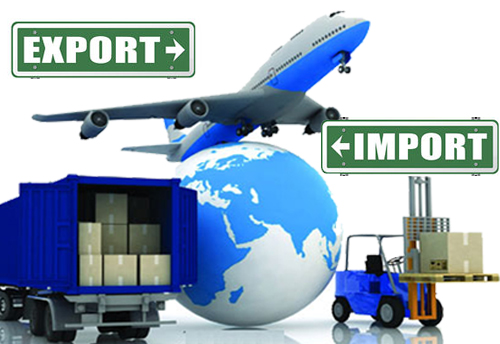
Restrictions on exports linked to imports hard for MSMEs but prerequisite for a healthy domestic industry: Experts
New Delhi, July 5 (KNN) On one hand the government’s approach of restrictive imports linked to manufacture export linked products puts a burden on the MSME sector, while on the other hand the industry experts feel that such steps, although not so welcoming, are necessary to push the domestic market.
Exporters have many a times raised concerns over DGFT adopting a restrictive mind-set on exports linked to imports by various entrepreneurs in the export oriented industries. For example, the manufacturers which necessarily require importing some machinery especially which might be second hand or the intermediary raw material for manufacturing output meant for export have reportedly been talking about stringent restrictions on imports of the same.
Talking to KNN about the nuances of such restrictions on MSMEs, Debashish Bandopadhyay, Director, Policy at FISME, said, “DGFT’s approach focussing on restricting imports to maintain a trade balance tends to hit hard on the MSMEs who require to import material and machinery to produce output which could be further exported”.
“The stringent restrictions and duties imposed on importing the same discourage and prevent time bound export oriented output by the SMEs at times. This, thus, handicaps the already resource dearth SME sector,” the expert opined.
Meanwhile Dammu Ravi, Joint Secretary, Ministry of Commerce, acknowledged that no country can survive only via export without importing the material. He said,”It is natural that you import raw materials and intermediaries at a cheaper price and it goes into value addition of the product which is further exported.“
He however said, “Though there are incentives for exports and not for imports but DGFT tries to maintain a balance between both imports and exports since a healthy balance between both of them is a prerequisite for a country’s trade.”
Ajay Sahai, Director General & CEO of Federation of Indian Export Organizations (FIEO) , however, said, “Import related to exports has always been a priority area and if imports are not facilitated this is sure to hamper the timely delivery of exports. DGFT and other agencies are looking forward to a seamless imports and exports. Government is trying to improvise the system since it is quite conscious of the fact that India’s ranking in terms of trade and business is low and requires a quantum jump in ranking through systemic improvement.”
Sahai also admitted that, “the only restriction is on the second hand capital goods and machinery imported under EPCG ( Export Promotion Capital Goods) scheme wherein an exporter can import capital goods duty free for export related production. Under this scheme, the second hand capital goods which are available abroad at throwaway prices cannot be imported duty free whereas the first hand machinery is left duty free.”
As explained by Sahai , “This is a step by the government to achieve a balance between the exporters on one hand and the domestic capital goods industry on the other hand and to be fair to both the sides”
“As an exporter body though we also recommend the import of such capital goods duty free under EPCG scheme, but government who has to cater to both the sides and has to help building India’s domestic capital goods base has to take its own call. Thus, we in no way feel that the government has been unfair to the export sector as it has its reasons to protect domestic capital goods industry which itself generates employment on a large scale,” Sahai added. (KNN/ GK)


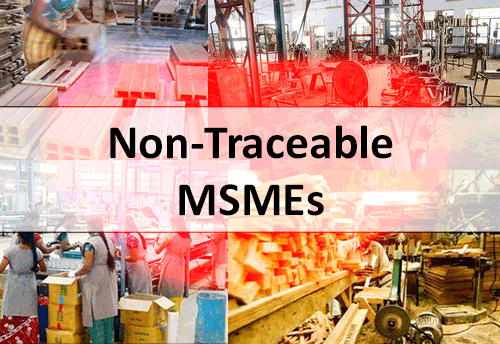
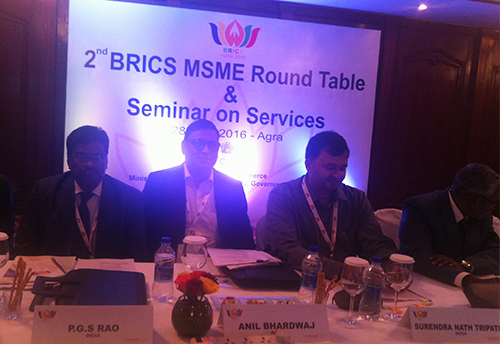
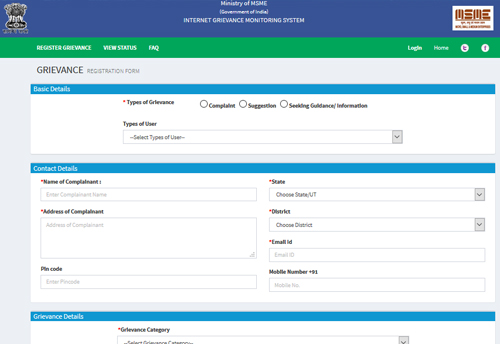
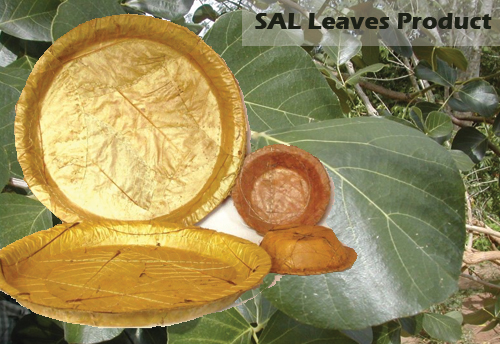





